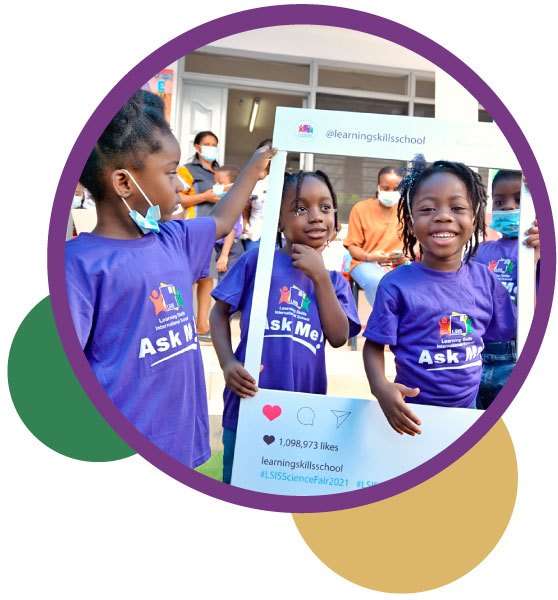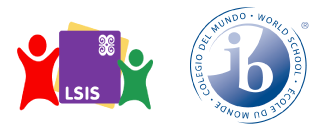Mission
At Learning Skills International School, we are a community of learners whose intentions are to produce lifelong learners who are globally competent and global minded. It is a place where the joy of learning is practiced and celebrated daily. Our teachers and students strive to be well versed in the tenets of 21st Century education such as: creativity, collaboration, communication and critical thinking. It is a place where instructional practices are guided by standards-based rigorous curricula that allows for successful completion of Units of Inquiry. Underpinning all that we do is our expectation that our students will continue to demonstrate the Learner profiles of the International Baccalaureate Primary Years Programme of Inquirers, knowledgeable, Thinkers, Communicators, Principled, Open – Minded, Caring, Risk – Takers, Balanced and Reflective.



